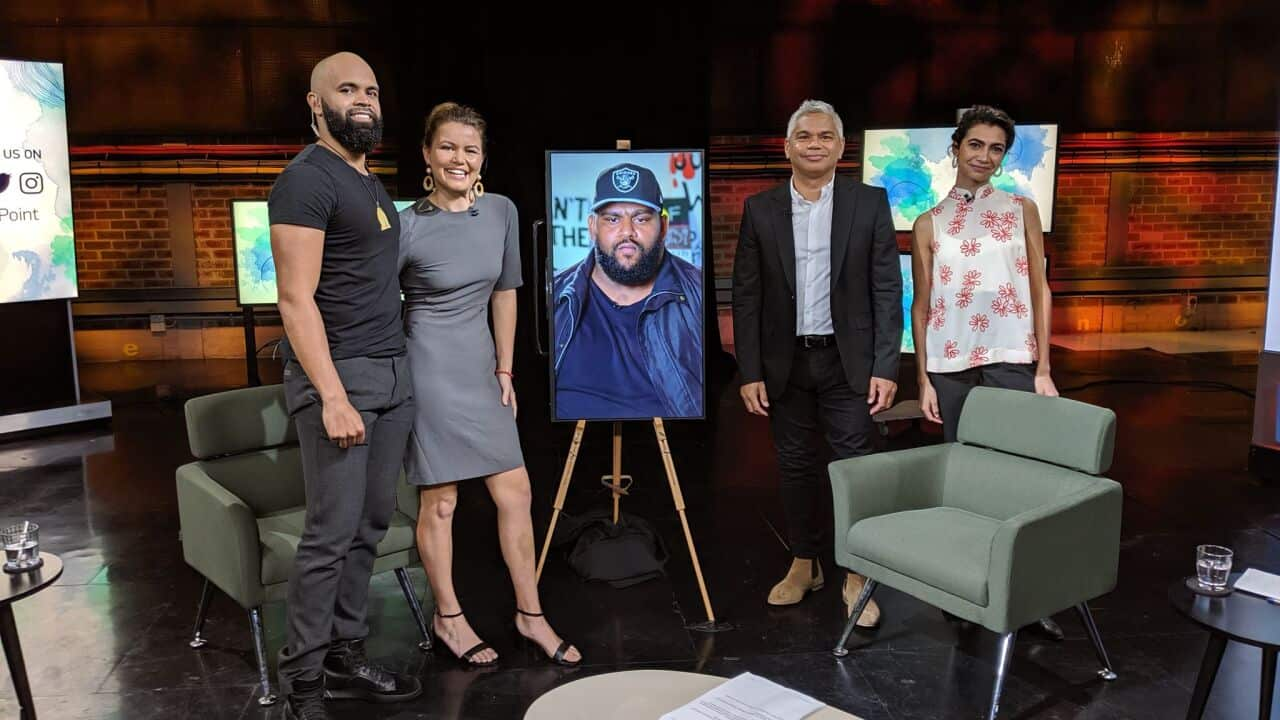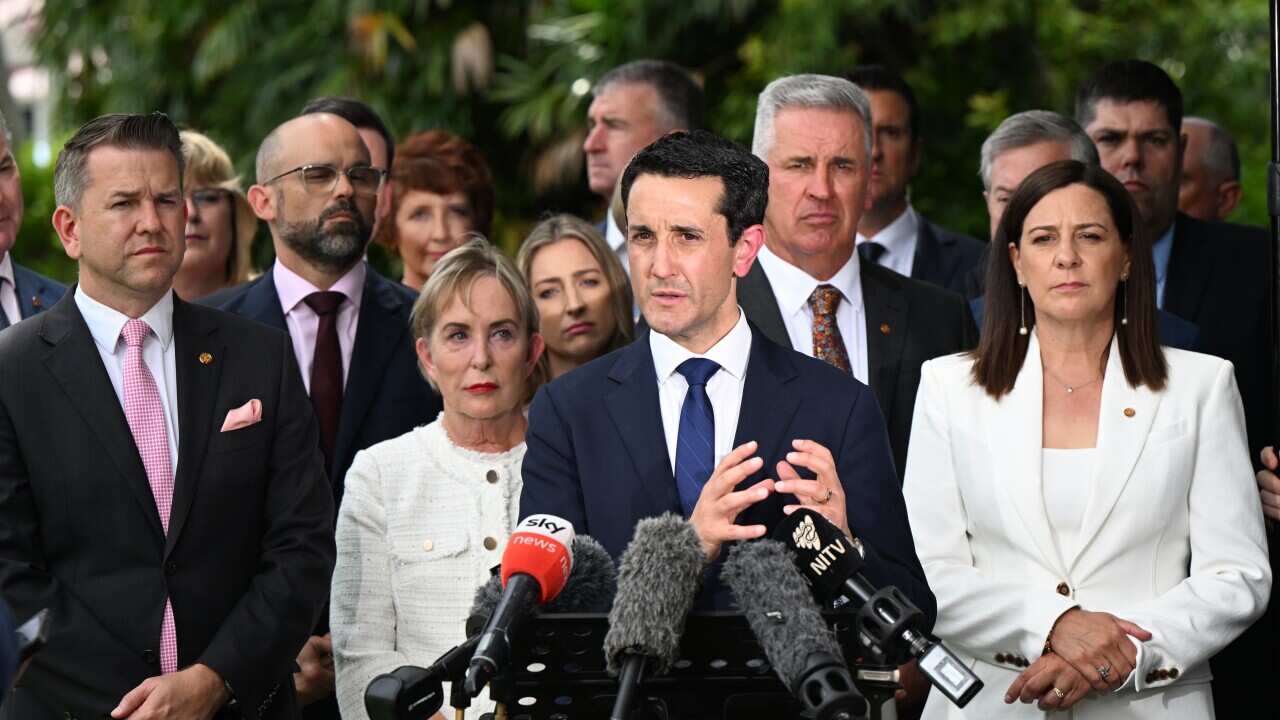Wednesday night’s episode of The Point reflected on the history of black protest in Australia, paying tribute to continuing movements as collective efforts gather momentum globally and across the country.
Co-hosts Rachael Hocking and John-Paul Jenke were joined by panellists Vanessa Turnbull-Roberts, Luke Currie-Richardson, and Boe Spearim, among others.
The episode comes after days of parliamentary debate and the WA government’s through the state’s upper house to stop imprisonment for unpaid fines.
In a Facebook this week, WA Premier Mark McGowan wrote, “It will end a destructive, wasteful and unfair part of our justice system”.
Six years after the who was incarcerated for unpaid fines, a solemn panel reflected on the amendment.
“Being poor is not a crime, being subject to poverty is not a crime, and it’s a damn shame that we have this in this country where we imprison people for an unpaid fine”, said Bundjalung woman and activist, Vanessa Turnbull-Roberts.
Advocate and CEO of Sisters Inside, Debbie Kilroy, told The Point, “[Ms Dhu] did not have to die, she would be here today if the laws were changed, you know, nearly 30 years ago after the RCIADIC recommendations”.
Gamilaraay, Kooma and Murawarii activist, Boe Spearim, added, “it is a victory I guess you could say, but there is a job that needs to be done, and we’ve got to get back on, you know, boots on the ground and continue to fight”,
Trawlwoolway man, Michael Mansell, briefly joined the show, paying tribute to the work of longtime activists, including Gary Foley. Mansell encouraged younger generations to stay active and resist becoming “part of the system that is oppressing us”.
Panellist, Kuku Yalanji and Djabugay man, Luke Currie-Richardson spoke too of a broken system, saying his sense of hope lied with his people and not with the government.
On the importance of documenting protest, Currie-Richardson said, “don’t twist our narrative, don’t make us out like the bad guy, this is our story right here”.
This comes just hours after demonstrators were , including Indigenous rights activist and Aboriginal elder, Wayne Wharton. Following the arrests, protestors marched to the Roma Street watch house to demand their release.
On the power of social media, Turnbull-Roberts highlighted the importance of building collective pressure, “it’s holding organisations and corporations to that sense of accountability - if you’re not responding, you’re kind of not on the right side of justice, and you’re not on the right side of humanity”.
She also spoke briefly on the value of afforded accessibility through streaming, particularly for elders and those who can’t always attend demonstrations.
When asked by co-host Rachael Hocking how we measure the impact of the current moment, the panel responded thoughtfully.
“What does it mean to show up? What does it mean to show up with love? And what does it mean to actually be on the right side of justice?” said Turnbull-Roberts.
Currie-Richardson added, “We wake up the next day, and we’ve still got to fight. And until that changes, we’re still going to keep coming out.”
Spearim closed on a poignant note, “nothing is going to change unless people continue to hit the streets and be on the front foot when these things happen, but then also when they are not trending as well”.
Watch The Point on Wednesday evenings at 8.30pm on NITV.
Get involved on Twitter and Facebook using #ThePointNITV










